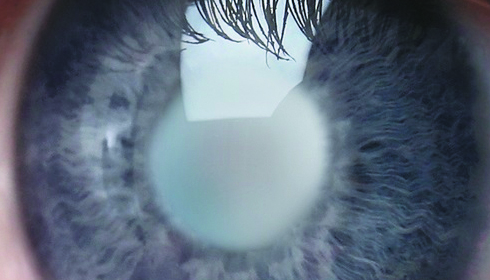
Breakthrough gene therapy offers new hope to glaucoma patients.
In a major development, researchers at Macquarie University have presented a new gene therapy that promises to transform glaucoma treatment while also having potential implications for other neurological diseases, such as Alzheimer's.
In India alone, around 11.2 million people aged 40 and older suffer from glaucoma, a quiet thief of sight. If left untreated, it can cause irreversible blindness within a decade or two. The worldwide burden is astounding, with cases expected to reach 111.8 million by 2040.
The tau protein is responsible for glaucoma's damaging course. Overproduction of tau, necessary for the operation of brain and central nervous system cells, becomes problematic, forming tangles that choke cellular structures. These similar tangles are characteristic of Alzheimer's illness. Researchers from Macquarie University's Vision Science Group have discovered that altered tau plays an important role in glaucoma development.
"We have shown that tau is vital to maintaining retinal integrity, but it is a delicate balance," says Associate Professor Vivek Gupta, a neurobiologist and vision scientist at Macquarie Medical School and Macquarie University's research leader. "When we overproduced tau, we saw inner retinal degeneration." In contrast, too little tau was equally deleterious. Turning off overproduction and lowering tau levels to healthy levels protects against the degenerative alterations associated with glaucoma. We observed this protective effect in the structural and functional preservation of retinal cells. While it was unable to restore lost vision, it did prevent retinal degeneration from progressing."
These revolutionary findings highlight the critical role of tau protein in retinal health, implying that targeting tau may be a promising therapeutic method for glaucoma, especially when given early. Associate Professor Gupta emphasizes, "These findings highlight the critical role of tau protein in retinal health and suggest that targeting tau could be a promising therapeutic strategy for glaucoma, particularly when administered early."
Dr. Kanishka Pushpitha Maha Thananthirige, the paper's lead author and a vision neuroscientist at Macquarie Medical School, is enthusiastic about the future. We aim to develop a gene therapy that can work in tandem with medications that reduce intraocular pressure after diagnosing glaucoma. We can tailor this type of gene therapy, which regulates tau synthesis, to target neurons in the brain, central nervous system, and retina. There is a significant chance that mutated or pathogenic tau, which is frequently found in the neurons of Alzheimer's patients, could also be therapeutic in treating this and other neurodegenerative illnesses."
The next steps in this intriguing discovery include additional testing in animal models, with human clinical trials still a few years away.